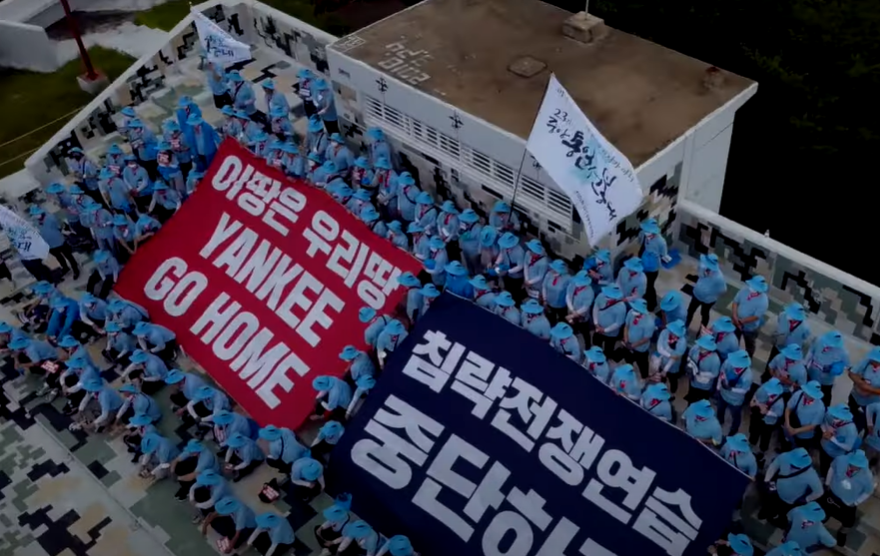

Ultimately it means meet/talk with other people and engage in planning and work to accomplish something together, whether that thing is big or small.
Easiest thing to do is look around for people who are already organized, e.g., a party or other org focused on a particular issue. IMO if someone has no experience with organizing whatsoever, then they can benefit from joining almost anything, even something run by liberals, anarchists, etc., just simply to see what kind of dynamics are at play when people are trying to work together to accomplish something. A lot of orgs and such are not easy to find online. It’s better to just go to protests and demonstrations or to community projects and start meeting people and learning about what they are doing by word of mouth. People who are involved in organizing are typically going to be open to teaching/involving new people. A demonstration is the kind of place where people are purposely trying to educate and involve the public. Just don’t come across as a cop and be wary that some people trying to involve you in things might be cops themselves lol. Approach groups with a critical eye, join a small-scale/low-risk org whose goals you support to learn about the practical dynamics of how organizing works and to build up a network of acquaintances and friends, and keep learning from there. Trying to organize something from scratch with no experience is possible but if you don’t have a clear idea of what you’re doing nor have a group of other people who are keen and intrinsically motivated to work on the goal, it’s going to be pretty difficult.








I just found out about this guy today, and after a cursory look into his work, I thought of your post because it seems he is potentially covering this kind of thing, Prof. Oliver Boyd-Barrett. This page lists the courses he teaches as “The Political Economy of Mass Communication”, “The Political Economy of Hollywood and the Press”, and “Media Representation and Propaganda in Times of War and Terror”. And when I looked him up he has books titled (for example) “Media Imperialism”, “Approaches to Media”, “Conflict Propaganda in Syria: Narrative Battles”, “Western Mainstream Media and the Ukraine Crisis: A Study in Conflict Propaganda”.
Considering that I only just now found out about him, I can’t exactly vouch for his work, but he wrote this 2021 article about Ukraine which is how I found him.